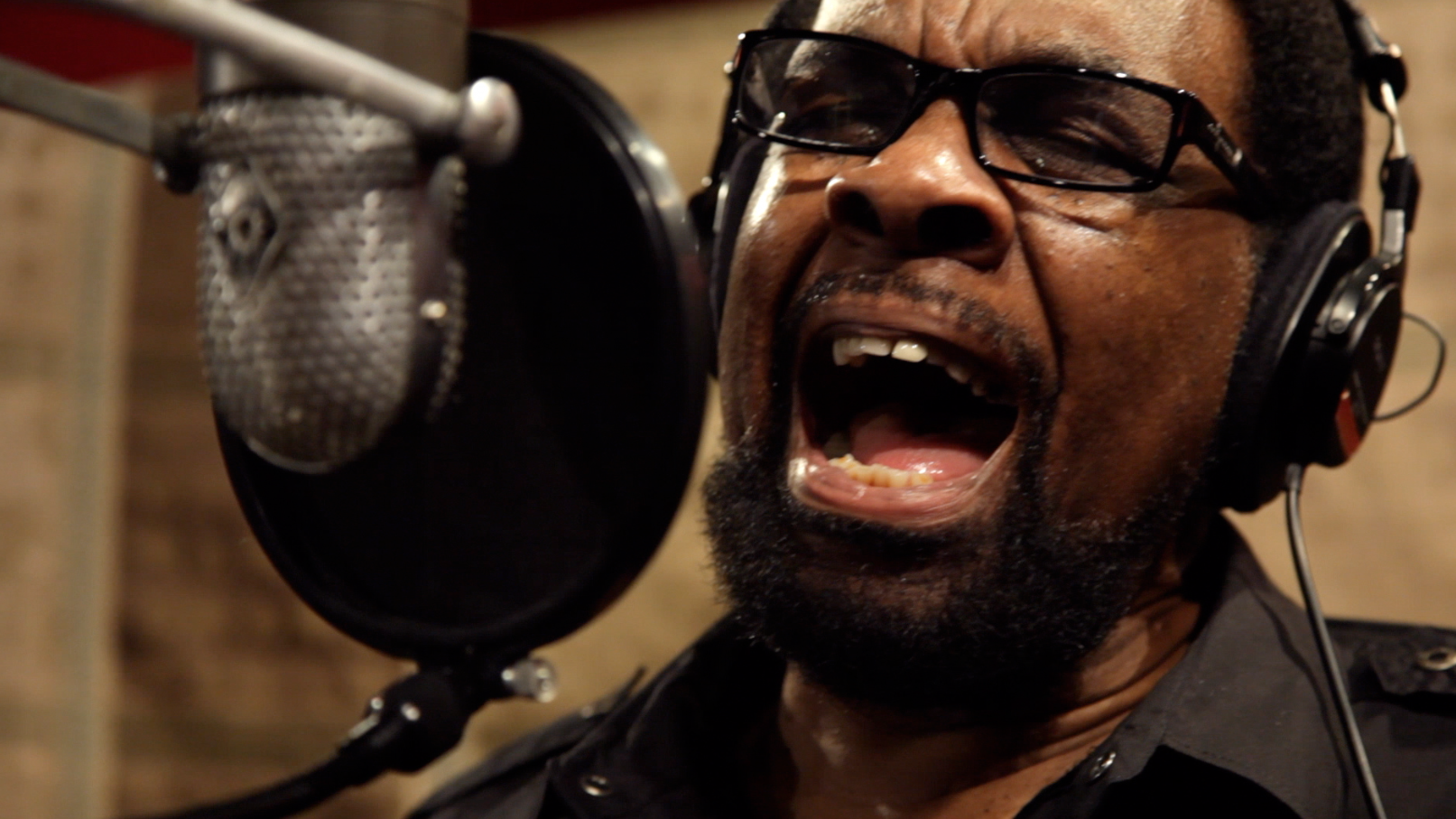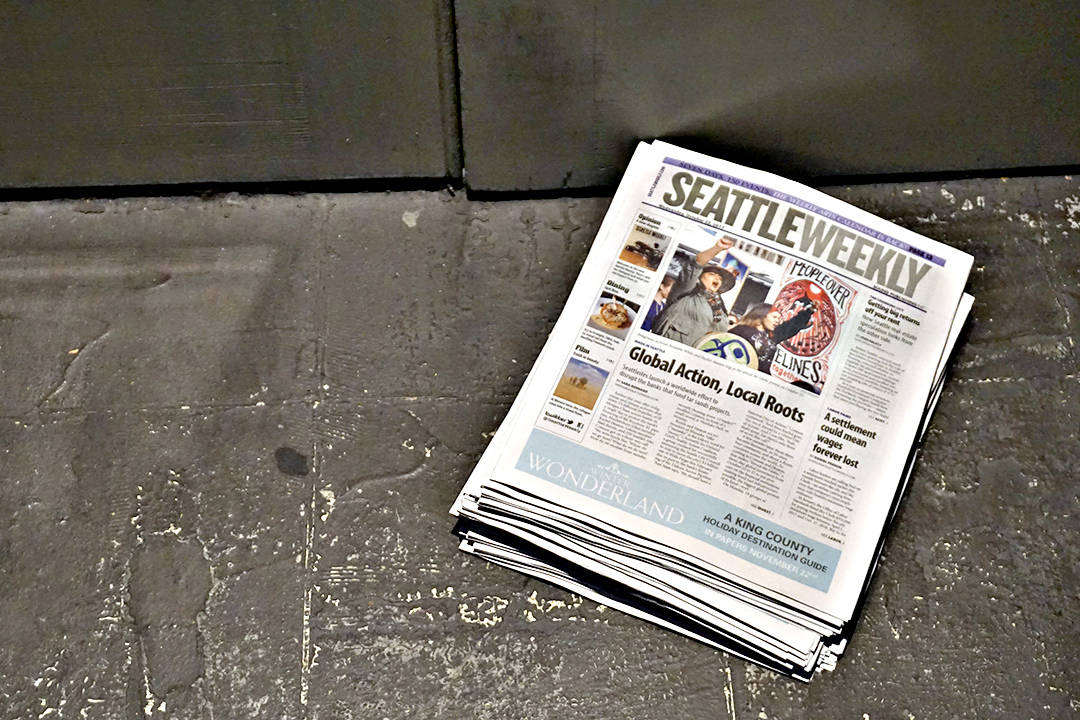The talent on display in this music doc is undeniable. Filmed in the storied studios of Memphis, it features the studio musicians and stars who helped define the blues and soul sounds of the ’60s and ’70s. And there is enough history here, both musical and social, to fill an entire Ken Burns documentary series, never mind the Roosevelts.
Still, this first directorial effort from Grammy-nominated record producer Martin Shore underserves its subjects, no matter how much he evidently loves them. Take Me to the River is simply too broad, lacking any sort of thesis or narrative thread. In opening narration (by actor Terrence Howard) about the Mississippi Delta and its astounding music history, we’re told, “Out of nowhere, hits began to spring from this integrated utopia.” That just isn’t true. And while we hear some telling anecdotes and see some rare archival footage cut among current performances (some good, some forgettable), the sum here is far less than its parts.
This is mostly due to the film’s structure, built around the the recording of a “historical” album with Memphis players old and young. (It’s a promo flick, in other words.) The doc is segmented into individual sessions, which at times shine with rousing performances from the likes of Charlie Musselwhite and Mavis Staples. But, early on at least, the younger artists get in the way of a film that wants to be focused on history. Booker T. Jones is, naturally, the first artist we meet, yet his considerable skills are overshadowed by collaborator Al Kapone’s. The latter’s verse seems dashed off, even artless—as when he raps about riding to the studio in Booker T’s van. Worse is the mismatch between R&B heavyweight Otis Clay and a child rapper named Lil’ P-nut. While Clay is busting a gut over lost love, P-nut is stealing the spotlight with novelty. When asked if he can relate to what Clay is singing, P-nut imparts that he doesn’t feel that strongly about women, but “I can’t live without toys.”
Thankfully those early album sessions are the most cringeworthy (the telltale sign of a rookie filmmaker), and later collabs with Frayser Boy (“It’s Hard Out Here for a Pimp”) and Snoop Dogg are more respectful. But those who can stomach the initial awkwardness are also rewarded with moving historical explorations, particularly meditations on the Civil Rights movement, the assassination of Dr. Martin Luther King Jr., and the downfall of Stax Records. It is in these tantalizing, lucid moments that the story of Memphis music begins to unfold. Then the film moves on to the next track. Opens Fri., Sept. 26 at Varsity. Not rated. 95 minutes.
mbaumgarten@seattleweekly.com








